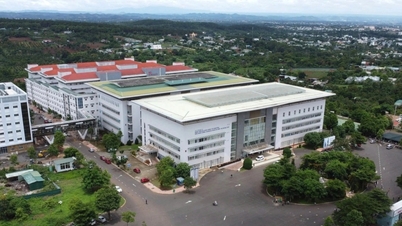What is the basic salary in 2023? When will the basic salary increase in 2023? What allowances are calculated based on the basic salary?
 |
| What is the basic salary in 2023 and when will the basic salary increase in 2023? |
What is the basic salary in 2023?
According to Resolution 69/2022/QH15, from July 1, 2023, the basic salary for cadres, civil servants and public employees will increase to 1.8 million VND/month.
And recently, on May 14, 2023, the Government issued Decree 24/2023/ND-CP increasing the basic salary to 1.8 million VND from July 1, 2023.
Currently, the basic salary is 1.49 million VND and has been implemented since July 1, 2019 (according to Decree 38/2019/ND-CP).
Thus, the new basic salary applied from July 1, 2023 will increase by 20.8% compared to the current basic salary applied.
When will the basic salary increase in 2023?
According to Decree 24/2023/ND-CP, the implementation time for the 2023 basic salary increase is from July 1, 2023.
Thus, there will be 2 basic salary levels applied in 2023 including:
+ From January 1, 2023 - June 30, 2023: Basic salary is 1.49 million VND/month;
+ From July 1, 2023: Basic salary is 1.8 million VND/month.
If the basic salary increases in 2023, the income of officials and civil servants will improve greatly.
Currently, according to Decree 204/2004/ND-CP, civil servant salaries are calculated using the following formula:
Salary = Basic salary x Salary coefficient
For example, for civil servants of type A1, the starting salary coefficient is 2.34.
If calculated according to the current basic salary of 1.49 million VND, the salary received is 3.486 million VND/month.
If calculated based on the basic salary of 1.8 million VND, the salary can be up to 4.212 million VND/month.
Thus, if calculated according to the new basic salary, the income of civil servants in this case increases to 725,400 VND/month.
Some allowances are calculated based on the basic salary.
Pursuant to Decree 204/2004/ND-CP and its amendments and supplements, cadres, civil servants and public employees are entitled to the following allowances according to the basic salary:
- Toxic allowance.
According to Clause 7, Article 6 of Decree 204/2004/ND-CP, toxic and hazardous allowances apply to cadres, civil servants and public employees working in occupations or jobs with toxic, hazardous and especially toxic and hazardous working conditions that are not yet determined in the salary level.
According to Clause 1, Section II of Circular 07/2005/TT-BNV, toxic allowance includes 4 levels: 0.1; 0.2; 0.3 and 0.4 compared to the basic salary.
- Leadership allowance.
Based on the table of allowances for leadership positions (elected, appointed) in State agencies; State public service units issued with Decree 204/2004/ND-CP.
- Regional allowance.
According to Joint Circular 11/2005/TTLT-BNV-BLDTBXH-BTC-UBDT, cadres, civil servants and public employees are entitled to regional allowances with 7 coefficients: 0.1; 0.2; 0.3; 0.4; 0.5; 0.7 and 1.0.
- Mobility allowance.
According to Decree 204/2004/ND-CP and Circular 06/2005/TT-BNV, mobility allowance includes 3 coefficients 0.2; 0.4; 0.6 applied to civil servants and public employees working in certain occupations or jobs that require frequent changes in workplace and residence.
In addition to being used to calculate civil servant and public employee salaries, the basic salary is also used to calculate living expenses, activity fees, and determine the maximum mandatory social insurance payment.
Source

















































































































Comment (0)